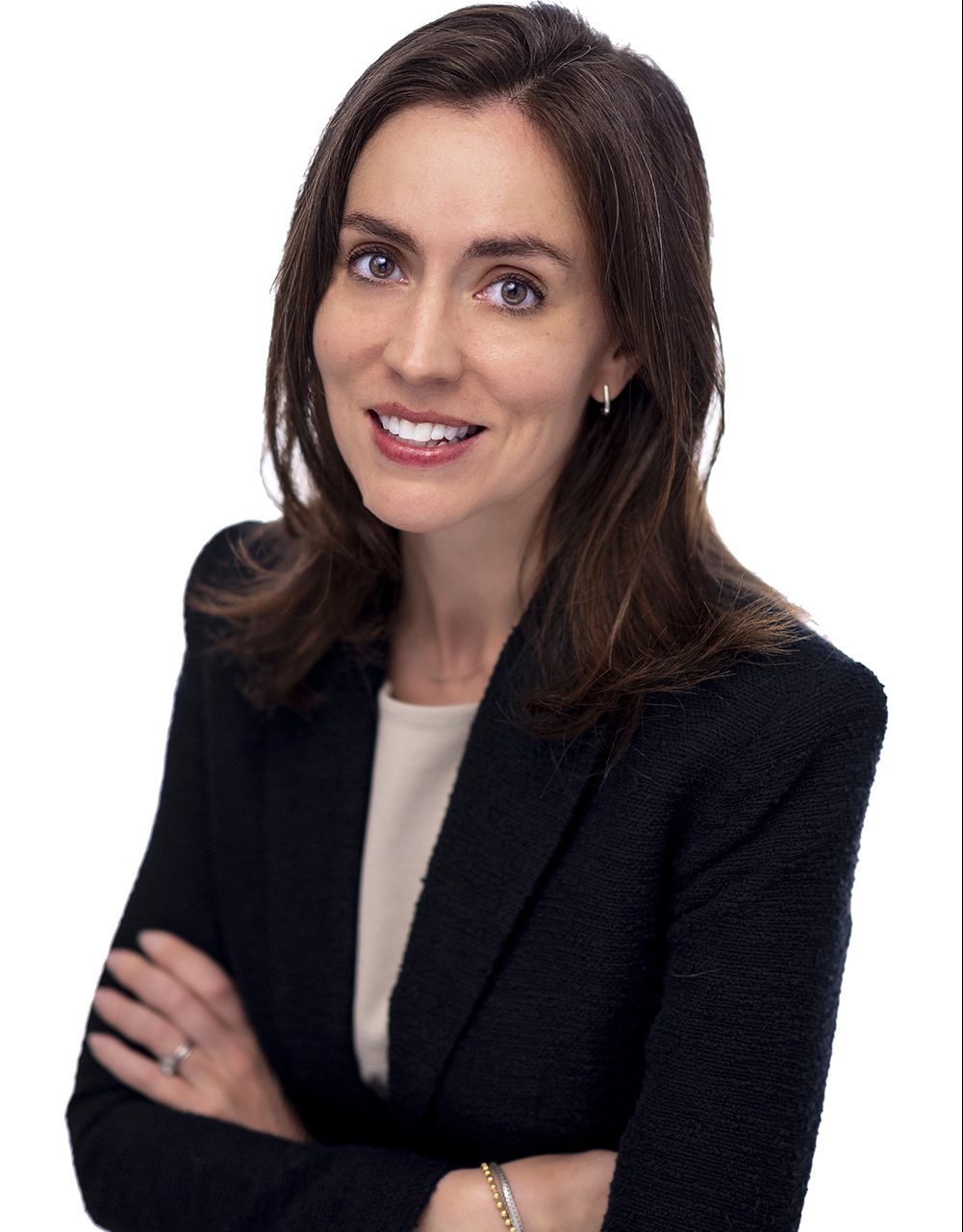Late last week, a series of news alerts broke that centered around a term not often seen in Memphis headlines: BDSM. Specifically, there was a kerfuffle at Rhodes College about the area of erotic expression (BDSM stands for bondage, dominance/discipline, sadism, and/or masochism): A seminar had been planned for students curious to learn more, with guidance from the campus chaplain, Beatrix Weil, who organized the event, and a professional dominatrix. Information about the scheduled seminar began to circulate in an alumni Facebook group called “Rhodes Alumni for Amy,” assembled in support of ultra-conservative Supreme Court Justice Amy Coney Barrett ’94, and elsewhere, and the college quickly canceled the event, noting as their oh-so-convincing reason that it had not been properly sanctioned by the administration. (I am going to hazard a guess that if a knitting circle had not been properly sanctioned, no one would have been made to pack up their yarn.)
I was fortunate to grow up a campus kid at Rhodes, where my mother, the late Dr. Cynthia A. Marshall, was a Shakespeare professor and chair of the English department. Many of my tenderest, most crystalline early memories are of moments at Rhodes: tucking myself into the stone window recesses in the ground floor of what’s now Southwestern Hall; cavorting with dogs and Frisbees on the back forty; acting in tiny, child-sized roles at the black-box McCoy Theatre and feeling very grown-up, indeed; curling up with a book on the floor of my mom’s office, whose windows were just below the giant iron clock ticking away on the granite wall outside.
Beyond the physical spaces, I remember sensing an atmosphere of free discussion in the classroom and beyond — at least, that was the idea. My mother taught Shakespeare, but she taught his plays through lenses of psychoanalytic theory, feminist and queer studies, and a spirit of ongoing reimagination. No question was off the table; no intellectual discussion was off-limits. For her later writings, on the nature of selfhood in Early Modern literature, she read broadly into narratives of martyrs but also of, yes, bondage, sadism, and masochism. On our drives to my high school, we might talk about what tests I had that day — and we might talk about the latest account she had read in John Foxe’s Actes and Monuments (commonly known as Foxe’s Book of Martyrs) or a passage from the Marquis de Sade. She wasn’t giving me an instruction manual, or if she was, the how-to was a lesson in curiosity and rigorous research — together, the essence of liberal arts. Her former students tell me that Coney Barrett took at least one of Mom’s classes, which … makes my head spin.
I imagine my mother, if she were still alive today, at 70, would have been delighted to see a seminar scheduled for students to experience a safe discussion about BDSM. I bet she would have been pleasantly surprised (but definitely surprised) that the campus chaplain organized the event — a breath of fresh air! Pastoral care, indeed! But I am quite certain she would be gobsmacked to learn that a faction of alumni malcontents successfully stifled the conversation. What precedent does it set if students — all of them young adults, emphasis on adults — cannot gather in a safe and respectful setting to learn about and discuss a valid, common element of sexuality?
Yes, the social-media graphic announcing the event appeared intentionally provocative: “BDSM 101” does, indeed, sound like a practical introduction to kink. But — so what? Not only is that not what was planned for the event, had it been what was planned, I still fail to see cause for outrage. In an age when college campuses are reckoning with rampant sexual assault and striving to educate students about the importance of consent, surely providing language and context for safe, healthy sexual practices — BDSM or otherwise — can only help. Also — and this cannot be overstated — the event was voluntary; no one was mandated to sit through a BDSM seminar who didn’t want to sit through a BDSM seminar.
One of the knocks on Gen Z is that they are too fragile, too coddled, made too immune from reality by trigger warnings and so on. In my experience, that’s garbage. From conversations I have had with contacts at Rhodes, the seminar was organized because students asked. Rev. Weil teaches a first-year seminar that touched on the topic, but in a smaller setting; many more people were curious, and thus the event was born.
I try to imagine myself at age 19 or 21 being bold enough to ask for … anything — of a romantic partner, of a professor, of anyone. I didn’t know how to do that yet, and wouldn’t for many years more. College students who learn to be clearer advocates for themselves, their needs, and their desires will be better equipped to leave campus more confident in every area of their lives.
Anna Traverse Fogle is CEO of Contemporary Media, Inc., parent company of the Memphis Flyer.
